Simla Deputation 1906:
On 1 October 1906 a Muslim Deputation, composed of 35 persons- most of them belonging to the aristocracy- and led by the Aga Khan, ‘the spiritual head of the Khoja Muslim community,’ met Lord Minto at Simla. The address presented by the Deputation claimed special privileges for the Muslims on three grounds.
- First, numerically they constituted between one-fourth and one-fifth of India’s population. They constituted ‘a community in itself more numerous than the entire population of any first-class European power except Russia’.
- Secondly, in assessing their weight, not merely their numerical strength but also ‘their political importance and the value of the contribution which they make to the defence of the Empire,’ should be taken into consideration.
- Thirdly, due consideration should also be paid to the position which they occupied in India a little more than a century ago (when they were the rulers of the country), and of which the traditions had not faded from their minds.
This address marks an important stage in the development of separatism. The Muslims were represented as a community with an identity separate from that of the other communities. They claimed a privileged position on the ground of ‘political importance’, military service and historical memories of their lost political power. Such weightage was repugnant to the form and spirit of representative institutions and inconsistent with the Congress demand for a higher political status for India.
Minto’s reply contained the categorical assurance that the ‘political rights and interests of the Muslims as a community’ would be ‘safeguarded’. He agreed with the Deputation that ‘in any system of representation, in municipalities, District Boards and Legislative Councils, in which the principle of election was introduced, the Muslims should be represented separately as a community’- not jointly with the other communities as a section of the general body of voters. This representation was not to be regulated only by their numerical strength; ‘their political importance’ and ‘service to the Empire’ would be taken into consideration. This was the background to the grant of a separate electorate to Muslims in 1909.
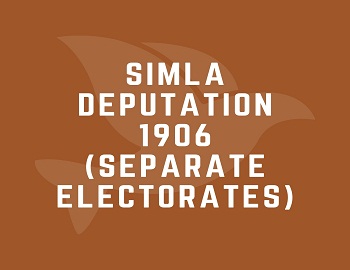

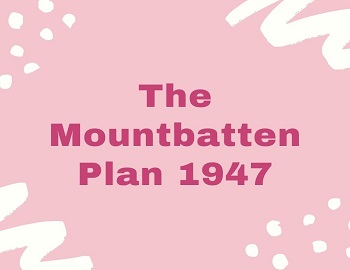
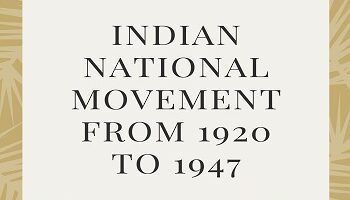

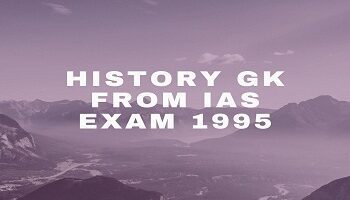
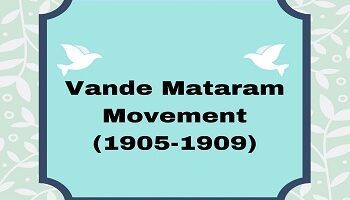


Comments (No)